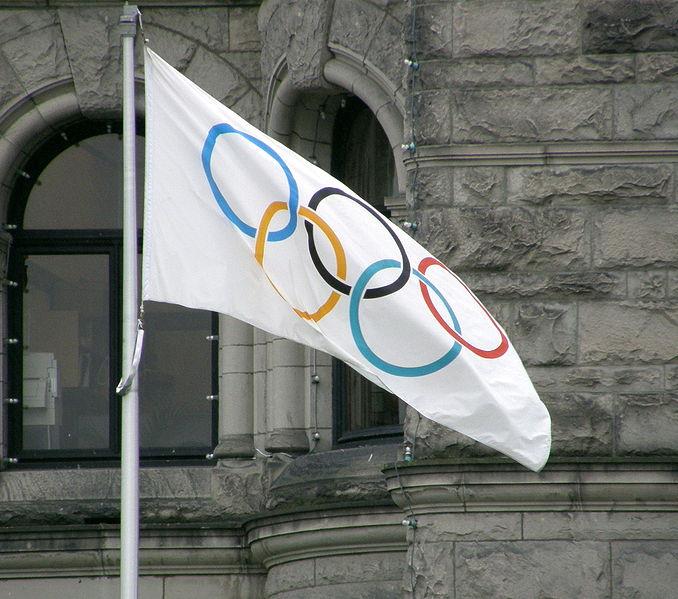Every two years tens of millions of viewers around the world hype themselves up on nationalism and pride of sport to cheer on their country during the summer and winter Olympic Games. Although some of these sports we would rarely consider watching during the typical non-Olympic years, we somehow become captivated by each sport and the collection of medals countries earn.
The bidding process to land either of the Olympic Games is no less of a spectacle. Despite the economic data and possible debt that can result from hosting the Olympics, each bidding process cities throughout the world put forth their best efforts to be selected believing that the games will promote tourism and economic growth to their destination. Although there have been a handful of Olympics that countries walk away from profiting, there are just as many examples of countries who have taken a harsh economic beating as a result of hosting the Olympics. Here are some Olympic Blunders you should know about when believing your city should host the next Olympics:
#3 – 2010 Winter Olympics
Locking in number three on our distinguished list is the 2010 Winter Olympics hosted in Vancouver. Although the world recession may have assisted in the lack of profit for Vancouver, the accumulated debt from the Olympic Village Development reached nearly $1 billion. Although this debt will eventually be paid off by the city of Vancouver, it will come at the expense of government program cuts such as education and health care. Since the end of 2011 the city had reduced its debt to $462 million and has seen better economic results. However, this economic misstep is still strong enough to be our number three.
#2 – 1976 Summer Olympics
Coming in at number two on our list of blunders is the 1976 Summer Olympics held in Montreal. Although some may argue that Montreal’s mistakes helped lay the foundation for the Los Angeles Olympics in 1984 to be the first profitable Olympics Games, Montreal’s debt collection from hosting would take decades to pay off. The construction of their Olympic Stadium which was nicknamed the “Big Owe” helped contribute to an Olympic debt of over $1.5 billion. Fortunately 30 years after hosting the games the city was able to pay off their debt and cure their post-Olympic hangover. Montreal, consider yourself lucky you are only number two.
#1 – 2004 Summer Olympics
Many of you may have already guessed this outcome based on the publicity surrounding Greece and their economic crisis, but running away with first place is the 2004 Summer Olympics held in Athens. Despite being the birthplace of the Olympics thousands of years ago, Athens run at the 2004 Olympics turned out to be a mistake that has helped contribute to their economic woes. Hosting these games cost the country of Greece over $9 billion, paving the way for the 2004 Games to be the most expensive ever at that point in history. Today, many of the fields and facilities built for the Olympics are unused and unattended serving no purpose other than occupying space. Not only was the cost a shocking blunder, but the lack of planning for post-Olympic use of its facilities helped Greece run away from the competition in our list and be recognized as the worse planning and execution of the Olympic Games.
Hosting the any Olympic Games has proven to be a gamble and has often led to an accumulation of massive amounts of debt. Although several cities like Los Angeles have managed to turn a profit, the risks associated are still present. However, it is important to keep in mind that Los Angeles already had several existing facilities to accommodate the Olympics. Many of the modern-day Olympic blunderers are forced to build new complexes which help put them on the fast track for debt accumulation. With some of the recent results and post analysis of the Olympics, citizens of bidding destinations have to wonder: Is it worth the risk?
Tell us what you think. Would you like to see the Olympic Games hosted in your city despite the economic risks?









